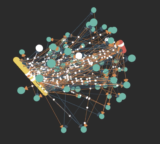Nature inspires Oak Ridge National Laboratory algorithms for neuromorphic processors.
Oak Ridge National Laboratory
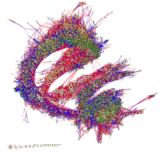
Genome-crunching
Supercomputing power and increasing genomic data are allowing Oak Ridge researchers to examine drought tolerance in plants and other big biological questions.
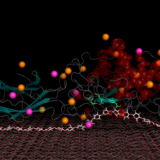
Enhancing enzymes
High-quality computational models of enzyme catalysts could lead to improved access to biofuels and better carbon capture.
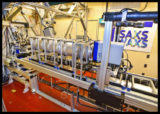
Nanogeometry
With a boost from the Titan supercomputer, a Berkeley Lab group works the angles on X-rays to analyze thin films of interest for the next generation of nanodevices.

Early-universe soup
ORNL’s Titan supercomputer is helping Brookhaven physicists understand the matter that formed microseconds after the Big Bang.
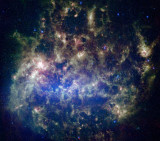
Analysis restaurant
The AnalyzeThis system deals with the rush of huge data-analysis orders typical in scientific computing.
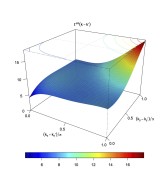
Layered look
With help from the Titan supercomputer, an Oak Ridge National Laboratory team is peering at the chemistry and physics between the layers of superconducting materials.
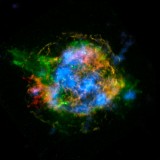
Supernova shocks
More than 10 years after simulations first suggested its presence, observations appear to confirm that a key instability drives the shock behind one kind of supernova.
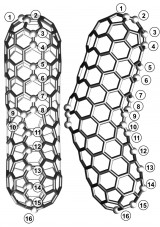
Kinky nanotubes
With the help of Oak Ridge computations, scientists are probing the properties of macroscale sponges made of nanoscale carbon-boron tubes. The material could soak up oil spills, help store energy or meet other needs.
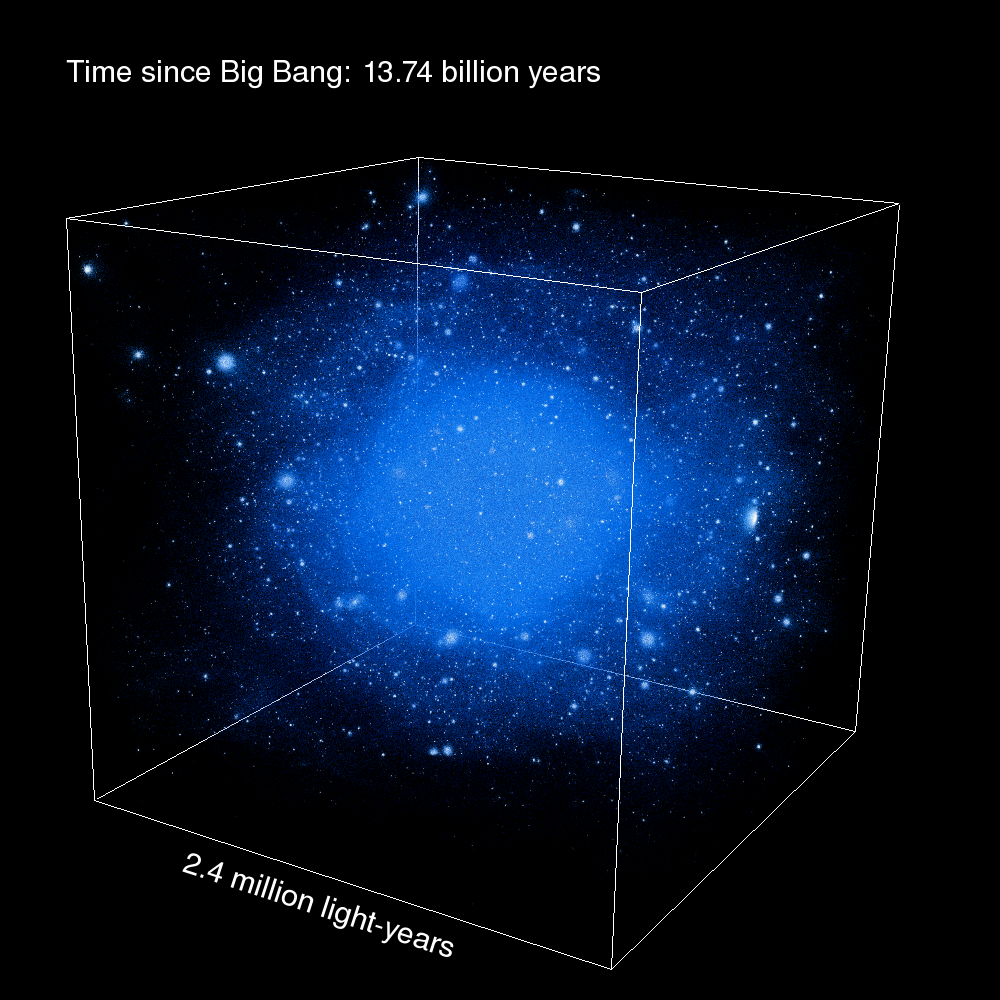
Seeing the invisible
Armed with computing power from Oak Ridge National Laboratory, researchers are detailing the nature of dark matter surrounding a galaxy much like our own Milky Way.

Breaking the biomass barrier
What Oak Ridge National Laboratory researchers are learning could help make ethanol from cellulose a viable fuel alternative – and help the United States replace foreign oil with a green, renewable resource.

